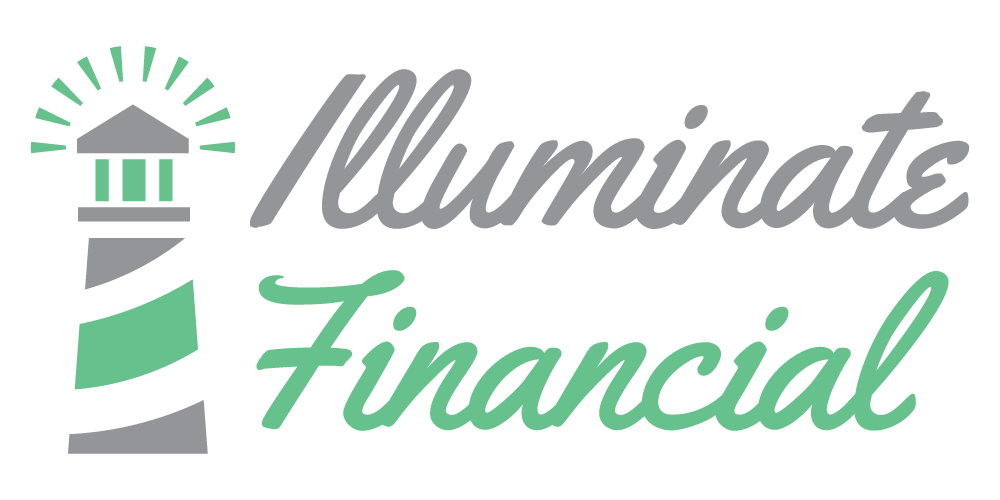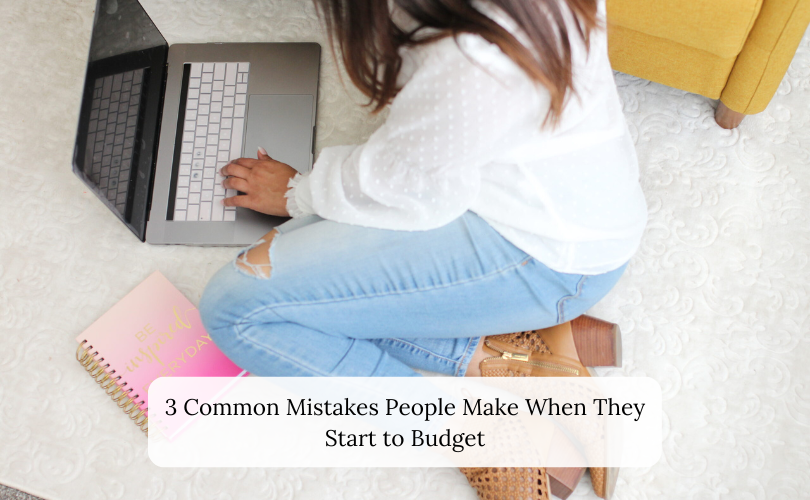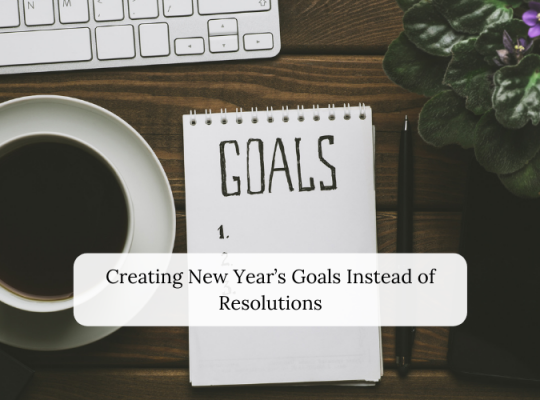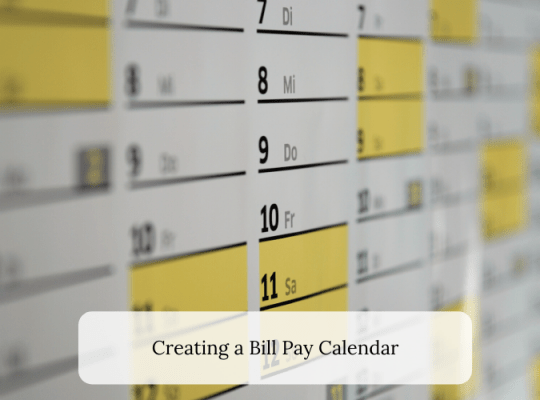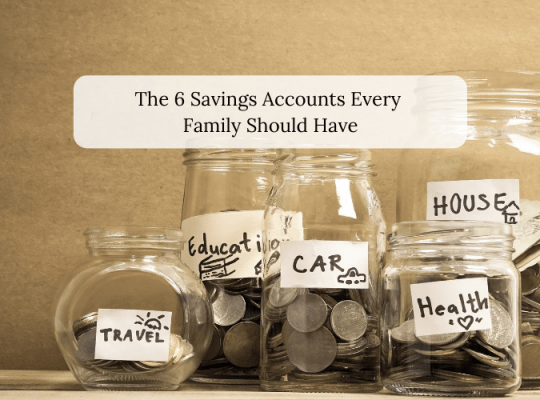I played soccer growing up – year round. There were games in the fall and spring, tournaments all summer, and training during the winter. I loved it! And as a bonus, it kept me in good shape and helped me stay healthy. It wasn’t until I entered adulthood that I realized without a team sport I was responsible for my own health and fitness.
Over the years, I developed a love-hate relationship with running. I’d get excited to start training again. Throw myself into it. And quickly end up hurt, burnt out, and back to hating it. When I look back now, I can see that I was doing lots of things wrong with setting up my exercise habits. I was jumping in with abandon, doing what worked for everyone else, and trusting that generic plans would work for me and my body.

In the past few years, I’ve learned to take a different approach. I plan in adequate rest days. I have found a running plan that works for me and gives me the variety I crave. And I’ve started listening to my body to know what’s working or not. It’s still an evolution. But it feels like I’m on the right track.
Like setting up an exercises plan, learning to budget and manage your money effectively is a process. And you need to figure out what works for you. But there are things you can do to help yourself. Often, when I talk to people who are struggling to create and stick to a budget, there are three mistakes that they’ve made right out of the gate that are getting in the way. Here are the three common mistakes people make when they start to budget and how you can avoid them and set yourself up for success!
Mistake # 1: Cutting Back on Everything
Typically, when you start to budget, you feel ready…so you go all in. And you cut out every unnecessary expense. And I mean EVERY unnecessary expense. Netflix – gone. Drinks after work with coworkers – gone. Gym membership – gone. Initially it feels good, and you even make a little progress. But then you forget your lunch, so you go out. You don’t want to skip a coffee date with a friend, and you miss streaming your favorite shows after work. So, you start spending on the things that you’ve previously cut. You’re no longer sticking to your budget. And ultimately, you give up.
Cutting back on all your expenses is one of the most common mistakes people make when they start to budget. And it often derails them. This is because it’s not sustainable. Yes, we all have a bare bones amount of expenses each month. These are the expenses that we MUST spend to keep our lives moving. And if we are on a small income, our budget may not cover much more. But for the typical person starting a budget, cutting down to the bare bones cuts out all fun and freedom. This creates a scarcity issue. It leaves you feeling restricted. And it doesn’t give you any movement in your budget. One misstep or extra expense and you’ve gone over.
What to Do Instead
Instead of cutting back on everything, be realistic. Look critically at the things you’re spending money on. You will find places where you can cut expenses or reduce them. And remember, it doesn’t have to be all or nothing. If you love happy hour with coworkers, but are overspending, cut back from four happy hours a month to one or two. Often, you don’t have to give up the non-essentials completely. Just cut back or trade other expenses that don’t bring you the same joy. Instead of blindly cutting all expenses that seem “unnecessary”, think about your expenses and how they make you feel. This can help you determine what to cut, what to reduce, and what to leave alone.
Mistake # 2: Forgetting to Consider ALL Your Expenses
The second most common mistake I see when people start to budget is that they forget to consider all their expenses. When you start to write down the expenses you need to cover, you’ll probably get the big ones. You know your rent/mortgage, car payment, and utilities. You might even have a good idea what you spend on groceries. And this is a great start! But your spending is much more complex than this. So, your budget needs to consider this. If you forget to include other expenses, two things are going to happen.
First, you’re going to underestimate your actual spending. So, when you inevitably go over budget, you’ll be disappointed. This disappointment is dangerous because it can make you feel like you are bad with money. Which, in turn, can make you give up.
Second, not understanding your true expenses will leave you unprepared. This is particularly true for less frequent expenses like insurance premiums, property taxes, or any other expenses you face in irregular intervals. If you haven’t considered these expenses, you won’t have money set aside for them. Instead, you’ll have to rely on your emergency fund, credit, or dramatically shift your budget in the moment. None of these outcomes are ideal and can again leave you feeling like a failure.
What to Do Instead
This problem has an easy fix. It just requires a bit of work on your part. To get an idea of your true expenses you need to review your past spending. But don’t just look at the most recent week or month. Doing this won’t capture your true expenses. Instead, look at the last four to six months. This larger cross-section of spending gives you a better look at your real expenses. And be sure to think about any expenses you only pay once or twice a year. Dividing these expenses up across your monthly budget helps you be ready when it’s time to pay the bill. For more on exactly how to do this, check out my post on How to Avoid Big Bill Sneak Up. It will help you get a good system in place for these bigger, infrequent bills.
Mistake # 3: Using a Cookie Cutter System
The third mistake people make when they start to budget is to use a cookie cutter system. Don’t get me wrong, these systems aren’t inherently bad. They often give people who are just starting out a jumping off point. Which is great. But they take the personal out of personal finance and they don’t consider your strengths, weaknesses, and what makes you tick. These systems also are typically restrictive. They come with a set of rules you need to follow and don’t allow for the normal deviations that happen in day-to-day life. It’s good to have a foundation, but you also need the flexibility to build a system that works for you. If you do, you’re more likely to stick with it and see progress over time.
What to Do Instead
It’s ok to use an existing system (or pieces of several) as a jumping off point for your unique money management system. Especially if you aren’t sure where to start. But take what works for you from the system and leave the rest. You know your habits and what helps you stay on track better than anyone else. As you design your system consider how you work best. For a full break down of how to ditch the cookie cutter solutions and build your own, check out my post It’s Time to Ditch the One-Size-Fits-All Money Management Systems and Build Your Own.
Where should you start?
Knowing the three most common mistakes people make when they start to budget can be helpful. But it also may leave you wondering where to start instead. Here are three tips for creating your first budget.
- Figure out why you want to create and stick to a budget. Yes, we all could be better at managing our money. But dig deeper. What will better money habits allow you to do? How will you feel when you are on top of your money? Knowing your why helps you get focused and motivates you. These are two key elements of a successful money management plan. So, starting with your why will get you off on the right track.
- Find a way to track your progress. There’s a quote by management theorist, Peter Drucker that says, “What gets measured gets improved.” And it is true. Unless you’re measuring your progress, you have no way of knowing if you’re on track or even headed in the right direction. You can use an app, pen and paper, Excel/Google Sheets, or even software provided by your bank. Use what works best for you and what you can stick with. I do recommend starting by writing things down. This creates a higher level of awareness that can help you stick to your plan. But ultimately, the best method is the one you’ll stick to and use.
- Give yourself grace. Changing your habits is hard. Changing your money habits can sometimes feel impossible. So be sure as you’re building your system to give yourself grace. Try not to punish yourself for mistakes and missteps. Know that they are part of the process. Use them to grow.
Managing your money, like many things in life, is an evolving process. You’ll learn as you go. And it will get easier over time. Avoiding these common mistakes people make when starting to budget will get you off on the right foot.
If you’d like more support in building your personal money management system, financial coaching can help. Click here to book a free 30-minute clarity call to see how we could get started
Interested in learning more about financial coaching, take a look at this. It will help you get a feel for the process.
